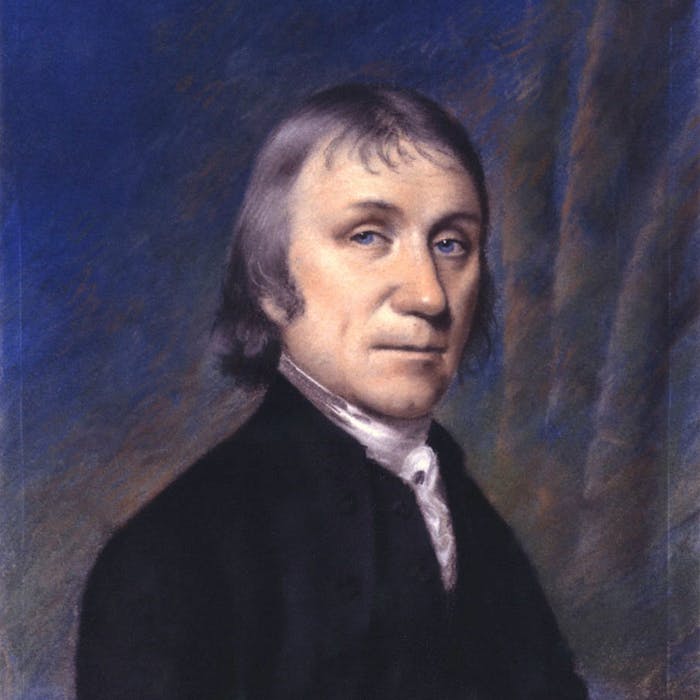
Joseph Priestley - 18th-century inventor and radical thinker
The carbonated drinks so prevalent today are one of the things that owe their existence to 18th-century British clergyman, scientist and polymath Joseph Priestley.
He was a precocious, intelligent child who became a leading 18th-century English theologian, dissenting clergyman, natural philosopher, chemist, educator and Liberal political theorist, who published over 150 works.
Priestley invented carbonated water when he suspended a bowl of water above a beer vat at a brewery near his home in Leeds.
Priestley first published a description of how to make carbonated water in 1772 but did not exploit its commercial potential, leaving others such as the German-Swiss amateur scientist J. J. Schweppe to make fortunes from it, by bottling and later canning a range of sparkling flavoured drinks and sodas.
The addition of carbon dioxide was considered, at the time, to have medicinal properties. Schweppe moved to London in 1792 to develop the business there, but was not successful, and ended his initial project in 1795. However Erasmus Darwin, the grandfather of the great scientist Charles Darwin, began talking up the benefits of the beverage, which started to become popular and revitalised the Schweppe's business. In 1831, King William IV adopted the product, which meant it could then use the famous "by appointment to" attribution, and it became much more widely drunk .
Priestley is also often credited with the scientific understanding of oxygen, having isolated it in its gaseous state. But he fell out with the great French chemist Antoine Lavoisier when he told him about his discovery, and then found that Lavoisier claimed the credit, even giving the new element its name - oxygen. Ironically, German chemist Carl Wilhelm Scheele had actually 'discovered' oxygen two years before Priestley, but failed to publish his findings until six years later.
Priestley strongly believed in the free and open exchange of ideas; but had controversial views himself - including outspoken support for the French Revolution. These aroused public and governmental suspicion, and he was eventually forced to flee, first to London in 1791, and then to the United States, after a mob burned down his home and church. He spent the final ten years of his life living in Pennsylvania.
Both a scholar and teacher, Priestley published a key work on English grammar and books on history, as well as his scientific researches. These educational writings became some of his most popular.
Further reading
Links to external websites are not maintained by Bite Sized Britain. They are provided to give users access to additional information. Bite Sized Britain is not responsible for the content of these external websites.
